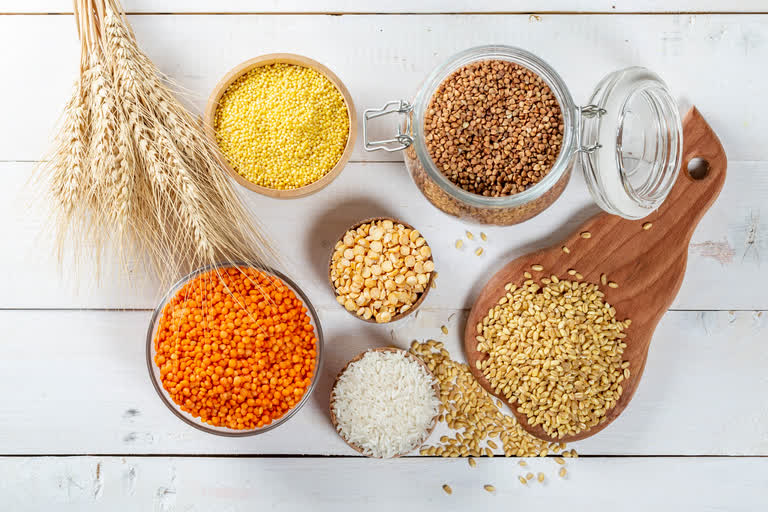A study was undertaken by five organizations and led by the International Crops Research Institute for the Semi-Arid Tropics (ICRISAT) on Millets.
The results, published in Frontiers in Nutrition, brings critically needed scientific backing to the efforts to popularise and return millets to diets, especially as staples, to combat the growing prevalence of obesity and being overweight in children, adolescents, and adults.
The study showed that consuming millets reduced total cholesterol by 8 percent, lowering it from high to normal levels in the people studied. There was nearly a 10 percent decrease in low and very-low-density lipoprotein cholesterol (commonly viewed as 'bad cholesterol') and triacylglycerol levels in the blood. Through these reductions, the levels went from above normal to normal range. In addition, consuming millets decreased blood pressure with the diastolic blood pressure (the bottom number in the BP reading) decreasing by 5 percent.
"We were very surprised how many studies on humans had already been undertaken on the impact of millets on elements that impact cardiovascular diseases, and this is the very first time anyone has collated all these studies and analyzed their data to test the significance of the impact. We used a meta-analysis, and results came out very strongly to show a significant positive impact on risk factors for cardiovascular disease," the study's lead author and senior nutritionist at the ICRISAT, Dr. S. Anitha said.
The study also showed that consuming millets reduced BMI by 7 percent in people who were overweight and obese, (from 28.5 (+/-2.4) to 26.7 (+/-1.8) kg/m2), showing the possibility of returning to a normal BMI (less than 25 kg/m2). All results are based on consumption of 50 to 200 g of millets per day for a duration ranging from 21 days to four months.
These findings are influenced by comparisons that show that millets are much higher in unsaturated fatty acids, with 2 to 10 times higher levels than refined wheat and milled rice as well as being much higher than whole grain wheat.
